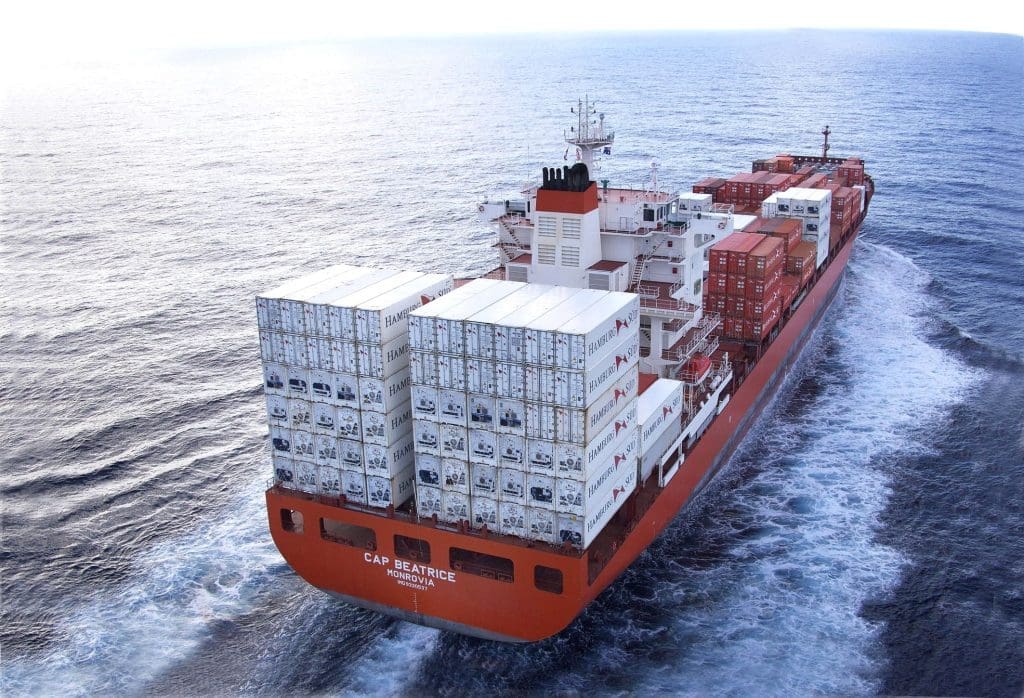
THE dramatic decline being seen in rates of slaughter as the 2020 year draws to a close was reflected in beef exports during October, which were down 28.5pc compared with the same period last year.
Department of Agriculture figures released this morning show exports to all markets last month reached 81,314 tonnes – a significant improvement on the previous historically low month, despite the impact of public holidays during October – but a whopping 34,000t behind October trade last year.
As Beef Central’s weekly slaughter reports have indicated, there has been a gradual, but persistent decline in eastern states processing activity since early April due to constricted cattle supply after two years of drought-forced herd reduction. Seven months ago, five-state tallies were still around 140,000 head per week, but since mid-August, weekly eastern states kills have averaged around 103,000 head.
For the calendar year-to-date, Australia has now exported 874,418t of chilled and frozen beef – a massive 135,000t or 13pc deficit on the same ten-month period last year.
That gap will inevitably widen further over the next two months, because the 2019 year finished exceptionally strongly, driven by drought. The week ending 17 December last year, for example, produced an eastern states kill of almost 165,000 head.
Widespread spring rain, as forecast by BOM, would only tighten cattle supply further, especially in Queensland, where conditions are rapidly drying off in many areas.
Most export markets were well down in October, in year-on-year comparisons.
Japan remained Australia’s most important export customer by volume and value, as it has since mid-year. Trade into Japan last month reached 22,371t, a rose of 9pc on September, but still 11pc behind September last year, when most people still thought the word ‘Coronavirus’ referred to drinking too much beer.
Greater competition is being seen in Japan from US exporters this year, partly due to rising US production, as well as the US-Japan Trade Agreement’s implementation in January, which has seen import tariffs on US beef decrease from 38.5pc to 26.6pc – the same as Australia’s.
For the calendar year to date, Australia’s exports to Japan have reached just over 221,000t, down about 9pc on the same ten-month period last year.
Big drop in US trade volume
Exports to the United States last month continued to sag, partly due to currency movement and lack of price competitiveness of Australian lean grinding beef, and growing exports out of South America. Total volume into the US last month was 14,486t, down another 9pc on an already low September number, and a massive 34pc discount on October last year, when Australia was still liquidating breeding cows suitable for US grinding beef at a furious rate.
As recently as June this year, Australian exports to the US hit more than 26,000t, as the US lost large chucks of its beef slaughter capacity due to COVID challenges in meat processing plants.
Year-to-date exports tell a similar story, with exports to the US since January now at 187,000t, down 11pc on last year.
China mounted a mini-recovery in volume of Australian beef last month, but it was only because trade was so heavily impacted the month before.
Chilled and frozen exports to China in October reached 12,640t, up 21pc from September’s 10,387t, but 59pc lower than October last year when China still dominated trde out of Australia, at 30,724t.
Trade sources say a number of factors are in play in China, beyond the simple decline in availability of Australian beef:
- After earlier surging exports triggered China’s Safeguard market protection provision in June, tariffs on Australian beef exports to China have risen to 12pc for the remainder of 2020, from 4.8pc earlier in the year. Higher tariffs make Australian beef less competitive against other exporters
- Five large Australian China-approved export beef plants have been suspended from trade over regulatory/documentation issues, and more recently, claims over chemical residue.
- Extreme competition from cheaper South American beef. Argentina, for example, expects to export an incredible 870,000t of beef to China this calendar year, representing 75pc of all its 2020 exports. These volumes continue despite the economic shocks of the ongoing COVID-19 pandemic, and the temporary suspension of seven Argentine meat plants in August after coronavirus cases were detected among workers.
For the calendar year to date, Australian exports to China have reached just over 168,000t, down from more than 231,000t for the same ten months last year – a 27pc decline.
In other markets, results last month were mixed, but generally reflected the impact of lower beef production in Australia. Trade to South Korea last month reached 13,829t, a substantial turnaround on September trade when mounting competitive pressure from the US saw volume reach just 10,600t.
Year-to-date, Korea has taken just short of 128,000t, only slightly down on the same period a year earlier.
Indonesia took 2923t, up 2pc on the previous month, but 53pc down on exports reported in October last year. The past ten months has seen an accumulated 41,600t in beef trade, down 17pc on the previous year. COVID challenges in Indonesia have been a significant factor.
The Middle East region continues to struggle under competitive pressure from cheap South American beef, taking 3288t from Australia last month, virtually the same as last year. Calendar year trade has reached 23,700t, down 12pc on a year earlier.
Despite being our highest value per kilogram market, the European Union continues to operate at a very low level by historical standards, taking just 658t last month, down 30pc on last year. For the year to date, trade into the EU region has been 7400t – less than half of what it was just four years earlier.
